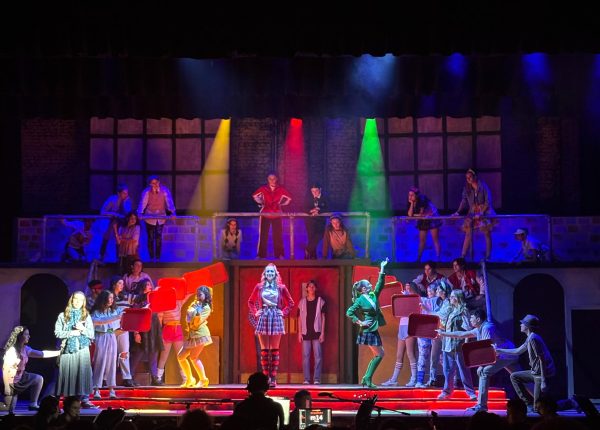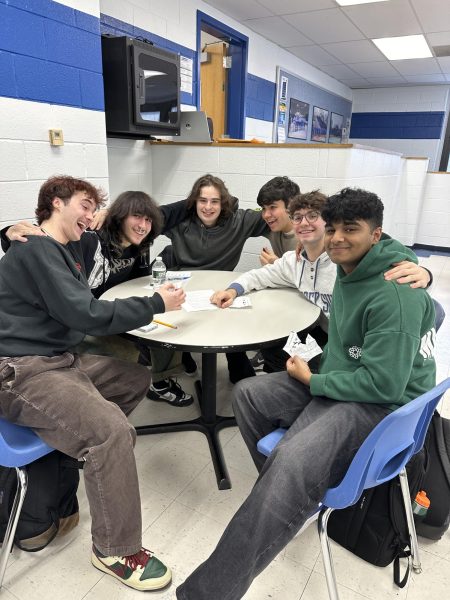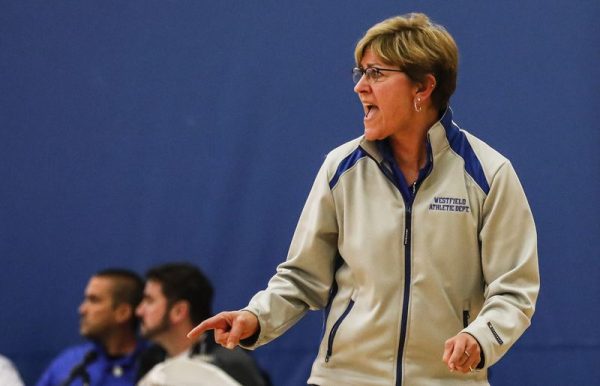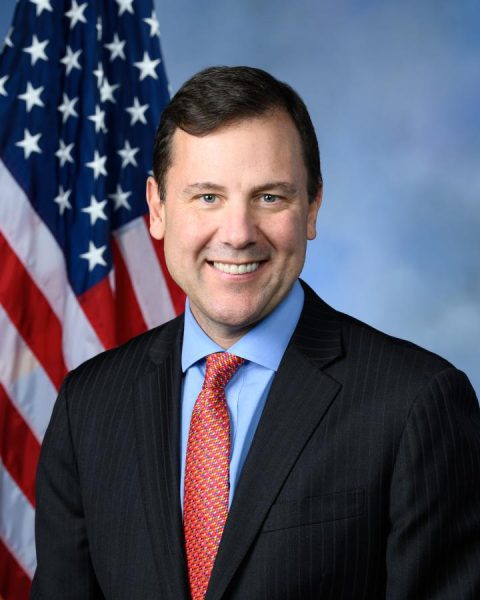GLI panel addresses women in politics
“Sexism is alive and well,” said Lisa Mandel-blatt, a former candidate for New Jersey’s 7th Congressional District.
When she decided to run for Congress, Mandel-blatt was given a lecture about how hard it would be, and was warned that another woman was running too. “Would you tell a man that?” she asked.
On Feb. 25 in Cafeteria B, the WHS chapter of Girls Learn International (GLI) addressed women in politics during its annual panel. About 40 people attended, including Westfield middle and high school students and community members. The speakers included Mandelblatt, Dr. Emily K. Filardo, director of the Women’s and Gender Studies program at Kean University, and Mayor Shelley Brindle.
“We chose women in politics because of the recent election and what has happened in the past two years, since more people have become more interested and involved in politics,” said Maggie McDonald, a WHS senior and GLI co-president.
WHS junior Alex Sherwood said that the goal of the panel was for panelists to “be able to share their experiences and give a good insight into the political atmosphere.”
The night started with a scavenger hunt designed to prime audience members to consider diverse political representations.
WHS freshman Kareena Gandhi, seated at a scavenger hunt table, said, “On a lot of issues like abortion, we only get to see a white male’s point of view. Their point of view is valid, but we also need other views such as those from women and people of color.”
Immediately following the scavenger hunt, the speakers were each given 10 to 15 minutes to talk about their experiences and thoughts regarding women in politics in a panel moderated by juniors Alex Sumas and Ethan Hom.
The first speaker of the night was Mandelblatt. She said, “I couldn’t just sit on the sidelines and yell out at Facebook,” and added that even after dropping out of the race, she is still very involved in fighting for what she believes in, working with organizations such as Planned Parenthood.
Filardo reinforced Mandelblatt’s experiences by speaking about the psychological reasons behind the existence of gender roles and the ways that those expectations impact women in politics. “Biology and culture are much more important than we realize,” Filardo said.
Following Filardo, Brindle explained how her life has largely been shaped by the culture in which she came of age. She attributes her success to growing up with two sisters and a single mother in a house where gender roles were not enforced.
Brindle was an HBO employee for 27 years and became the company’s first female executive. “I did not look like or act like who they envisioned in the executive suite,” she said. With little experience as a politician, Brindle said that running for mayor was “the hardest, most terrifying and most uncomfortable thing I’ve done in my life.”
In the question and answer session that followed, some of the attendees complemented the three women’s stories by sharing their personal experiences regarding sexism and gender roles.
Professionals are not the only ones facing challenges because of their gender; students are having similar experiences at very young ages. The panel was ultimately a way to spark this conversation.






